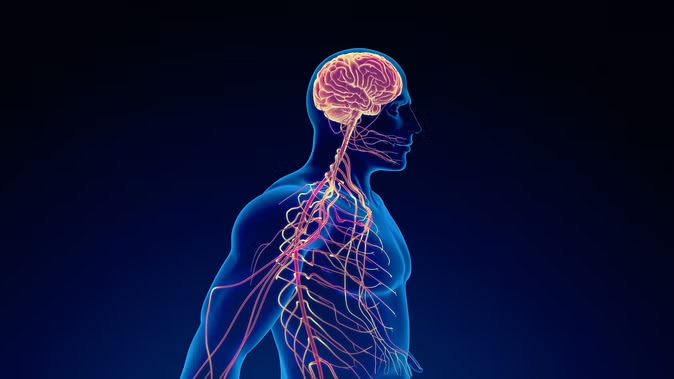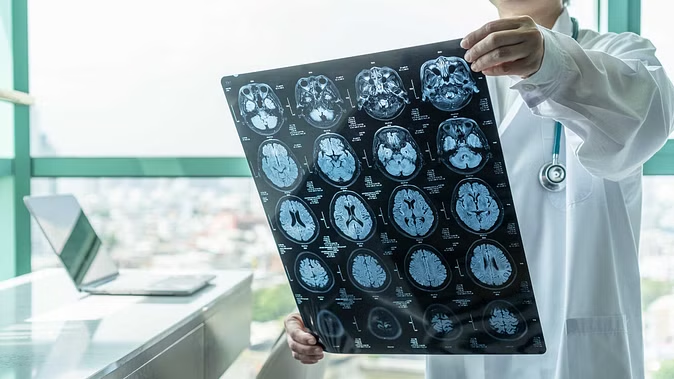With the onset of monsoon, the risk of mosquito-borne diseases also increases. Diseases like malaria-dengue and chikungunya are quite common these days. However, this year, even before the onset of rains, many states including Maharashtra are witnessing a jump in dengue infection cases. The Maharashtra government had reported 1,755 dengue-positive cases from the beginning of the year to the first week of May. Now that the monsoon has begun, the risk of dengue is expected to increase further.

According to the information received from the hospitals of Delhi-NCR, there are not many dengue patients here at present, although given the danger, doctors have already advised all people to take precautionary measures to protect themselves from mosquitoes.
Severe cases of dengue can increase bleeding disorders and can also be fatal, due to which doctors are repeatedly appealing to be cautious. Can dengue also cause the risk of neurological health problems? Let us understand this in detail.
Dengue fever and its symptoms
Dengue is a disease spread by Aedes aegypti mosquitoes. Mosquitoes infected with the dengue virus bite more during the day. Symptoms of dengue disease often start appearing within 3 to 14 days of infection. It has symptoms like high fever, joint pain, pain behind the eyes, rashes, and rashes on the body. In some people, it can also cause internal bleeding.
Health experts say that if the serious disease of dengue is not taken care of in time or it is not treated on time, then it can also lead to the risk of many types of neurological problems.
Risk of neurological problems
In a study conducted to understand how dengue damages the body, researchers said that some people may have neurological problems during dengue disease and recovery from it. People suffering from dengue are at risk of headaches, changes in mental states, seizures, and in serious situations, even coma.
Studies show that the dengue virus has a neurotropic nature, which means it can directly infect nerve cells, causing damage and inflammation in them.
What do experts say?

In a conversation with Amar Ujala, Jayant Singh, an intensive care doctor at a Pune-based hospital, says, "The most common cause of dengue is a low blood platelet count. A platelet count of less than 10,000 per microliter can lead to severe internal bleeding. In rare cases, it can lead to severe thrombocytopenia, which can cause bleeding in the brain, which is considered fatal.
Dengue also increases the risk of diseases like encephalitis (brain fever) which can cause serious neurological disorders.
Avoid mosquito bites
Health experts say dengue is a serious disease in many cases. Some patients are also at risk of stroke due to it. To avoid such health conditions, it is important to avoid mosquito bites. Dengue infection is believed to affect the body in many ways.
Be careful about mosquito prevention during monsoon days. Wear sleeve clothes, prevent mosquitoes from breeding, spray medicine, and at the same time it is also very important to keep taking measures to increase the immunity of the body.
(PC: ISTOCK)










